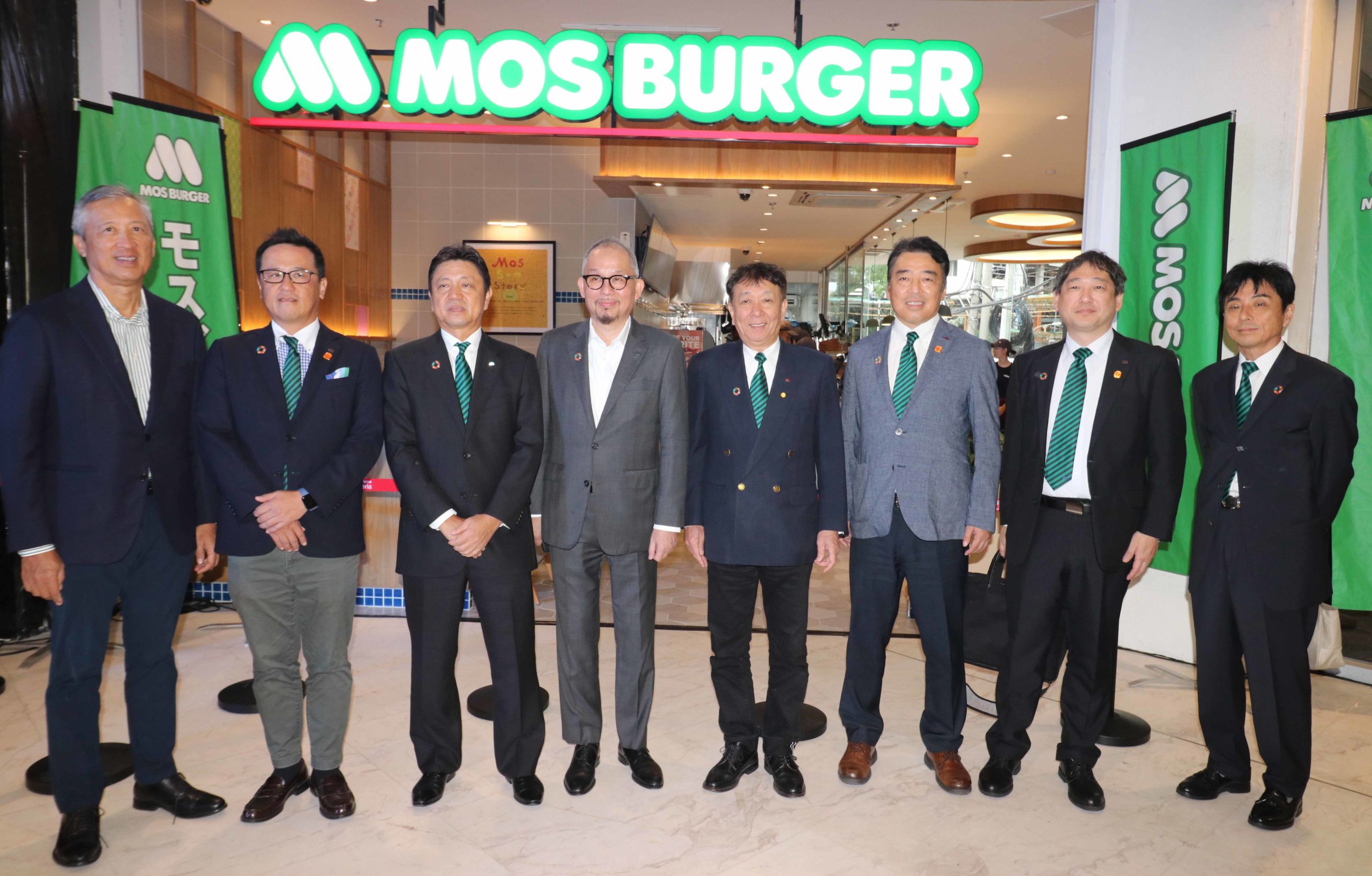Freelance writer Joanna Pearce, in an article for the online Tokyo Savvy, says, “One of my favorite things about MOS Burger is that when you receive your meal it actually looks exactly the same as it does in the juicy menu pictures.” Considering how often diners find that the actual dish does not look anything like the mouth-watering picture on the menu, that is quite an endorsement.
But MOS Burger is a Japanese chain and, as Filipinos know, presentation is as important as the quality of the product itself for the Japanese. Pearce says “you can guarantee that great care will have been taken to present your burger to you in an aesthetically pleasing manner.”
Now Filipinos will be able to see how accurate Pearce’s description is with the opening of MOS Burger’s first store at Robinsons Galleria to be followed by six or seven more in Metro Manila before the end of the year.
MOS, according to Pearce, actually stands for mountain, ocean and sea, as explained by founder Satoshi Sakurada, who believes in the close relationship between humans and nature.
Hubert U. Young, chief executive officer of MOS Burger Philippines Inc., is undaunted by the prospect of pitting the Japanese brand against bigger and more established chains. For one, he thinks the burger market is big enough for another player.
He adds, “If you have a good product and a good name, competition is healthy. It gives customers a choice.” Young also believes that “Filipinos need something better but affordable”.
MOS Burger, reportedly the second largest fast-food chain in Japan after McDonald’s, is targeting the growing segment of young professionals, higher-earning employees and other segments of the middle-income market.
Young is confident MOS Burgers’ prices are abot-kaya (affordable) to those people.
To help establish an instant connection between MOS Burger and Filipinos, the company partnered with Toyota in a motorcade for its first store’s formal opening.
MOS Burger Philippines president Araki Masahide says, “This is a partnership between two brands that deeply value quality and service. Filipinos have already made Toyota a part of their lives; it’s a brand that they interact with on a daily basis. We are also looking forward to be a part of the Filipinos’ lives as we bring Japan’s best burgers here.”
Young says Toyota “has become a Filipino brand and has established a reputation for quality, reliability and reasonable pricing”—attributes that he hopes Filipinos will associate with MOS Burger.
The Japanese always strive for consistency in the quality of their products while “always thinking of ways to improve” them, Young says. To maintain consistency in quality, not only did the Filipino crew train in Japan, but three Japanese are also involved in MOS Burger’s Philippines operations.
Everything at the store, Young says, is freshly made and cooked to order, making MOS Burger less a fast food and more of a casual eatery. As Pearce has observed, “Unlike other fast-food chains, your burger does not sit around on the sidelines for ages. Each burger is prepared to order.” MOS Burger serves the usual patties in bread but also burger in rice buns, ideal for Filipinos to whom meals are not complete without the staple.
Masahide says, “Now, you don’t have to go all the way to Japan to have your fill of our bestselling yakiniku rice burger and other burger selections.” A seafood tempura rice burger is available the whole year round, not just during the Lenten season. Also on the menu are lettuce-wrapped beef and chicken.
Drinks, Young adds, are not presweetened. Customers can decide how sweet they want their beverages.
While beef, which includes wagyu, is imported from Japan, the vegetables and other ingredients are sourced locally. MOS Burger is the only chain to offer sweet potato, or kamote, fries.
MOS Burger is not the first Japanese company Young has brought to the Philippines. Twenty years ago, he introduced Filipinos to UCC coffee through the first UCC coffee shop.
Now that Filipinos know, through the shops, that the Japanese also make good coffee, Young is taking steps to promote UCC as a coffee brand.
As with his other Japanese ventures, Young has a partnership with MOS Burger. He says it is better to be a partner than a franchisee because it offers him much more leeway, including creating completely local offerings.
Young believes that his success in bringing in other Japanese products has made it easier to establish partnerships with other companies in the East Asian nation.—Linda B. Bolido


